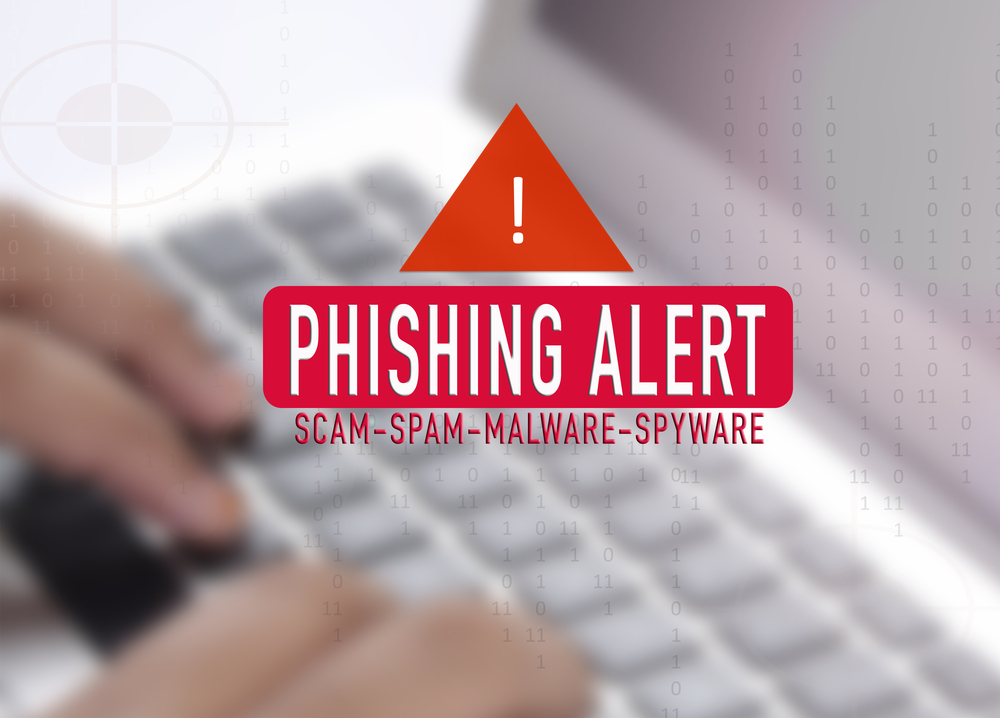What is phishing
Our modern world is jeopardized with the thought lack of privacy and security as people with ill intentions make use of technology to get access to any data and information they want. Now, phishing has become one of the biggest problems; you can also say that it is a type of social engineering.
Definition of phishing
The term phishing describes a way of stealing user’s data that includes credentials, credit and debit card number, and login password.

The moment a victim is tricked into clicking on the link, the entity installs a malware that freezes the system. Over the years, it is seen to become a part of a ransomware attack, threatening to reveal confidential information of the victim. The consequences of phishing as listed below.
● identity theft
● stealing of funds
● unauthorized purchases
When an organization is exposed to such a threat, it is susceptible to face severe consequences like financial loss along with the poor condition of market share. Moreover, the organizations lose a crucial amount of time to recover from the damage that has occurred to its network.
Types of phishing
You would be surprised to know that there are various types of phishing, such as a whaling attack, pharming, SMS phishing, spear phishing attack, and voice phishing.
How would one identify a phishing email?
It is generally hard to determine whether the particular mail is a phishing trap; however, you can look into the following features to understand how phishing emails can be identified.
Urgency
One of the preferred tricks that cybercriminals love to play is to add a sense of urgency so that people will be compelled to open the mail and check it. Often, it is seen that the subject line of the mail contains mention of special deals or offers for a limited time period, making it look enticing. If you receive such emails abruptly, the best thing you can do is to ignore these mails and move them to spam folders without even opening. Another trick is that the email directs you to follow a link for not getting suspended from a website that you might have never visited. The moment you follow such links, you will be directed to a website, and, in this way, the cybercriminal gets access to your personal information. You should keep in mind that authentic organizations do not ask for user information to be updated online. If you doubt whether the mail can be of any use, you should follow the source instead of click on the particular link.
Eye-catching statements
Cybercriminals use enticing captions with lucrative offers so that people will be tempted to check the links. Many times, users receive offers from unauthorized sources of a lottery prize or smartphones that are free of cost. If you receive such emails out of the blue, you should be careful because they could get access to all your personal information.
Link manipulation
Link manipulation is one of the most common techniques used by cybercriminals, and people are targeted in various ways. Through link shortening, users are often duped as they click on links without knowing the contents. Moreover, the attackers take the risk of changing a reliable website’s URL, and, often the users absent-mindedly click on such baits. Cybercriminals slightly alter the names of the websites by adding special characters or letters. Web security is, thus, at stake as there is no shortage of attackers out there.
Thereafter, you should be alarmed by the fact that how phishing can be menacing for your PC or laptop. However, fret not as antivirus software such as Avast and McAfree to help you secure your information and data. Moreover, antivirus software is available at an affordable rate so that you do not have to face any problem regarding privacy and security.


